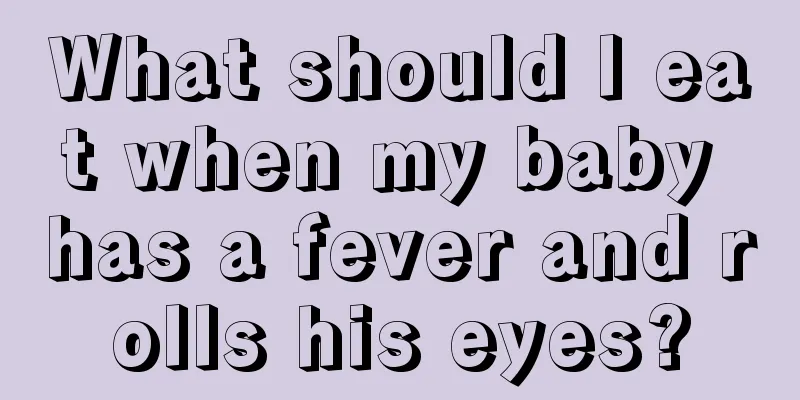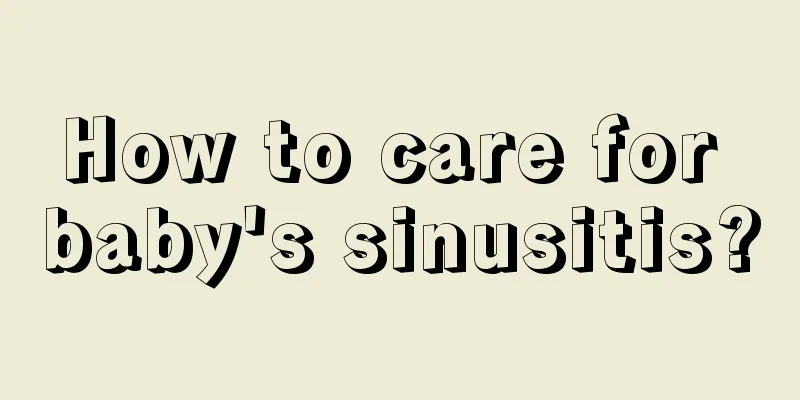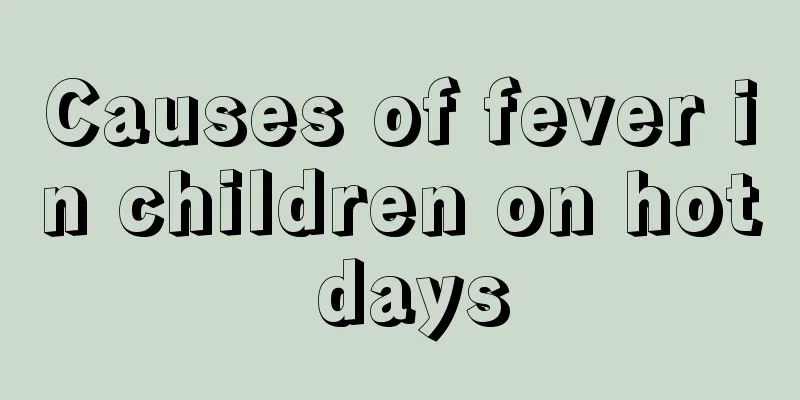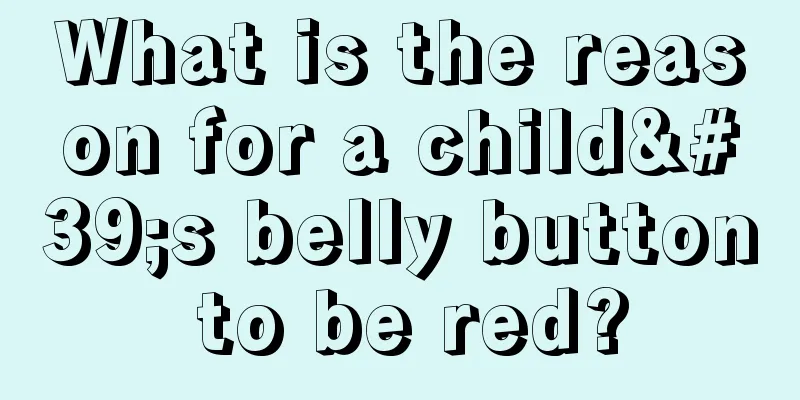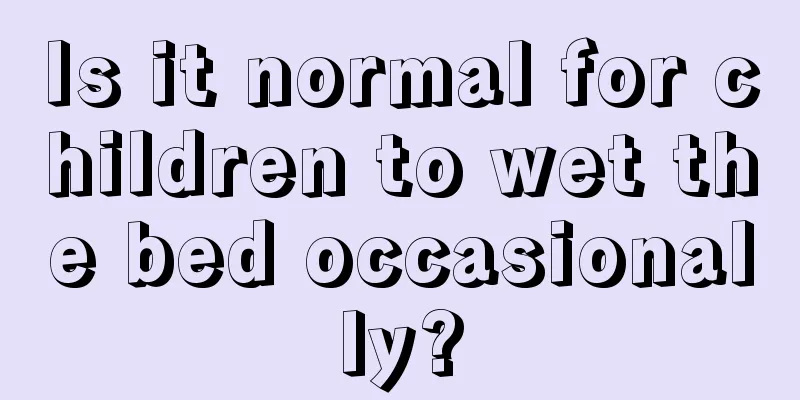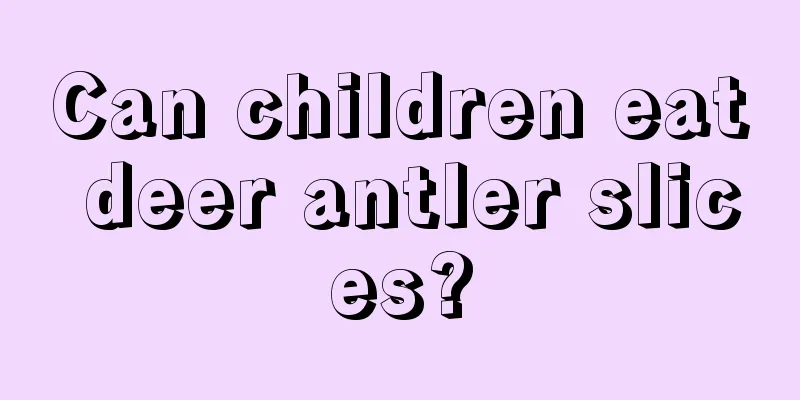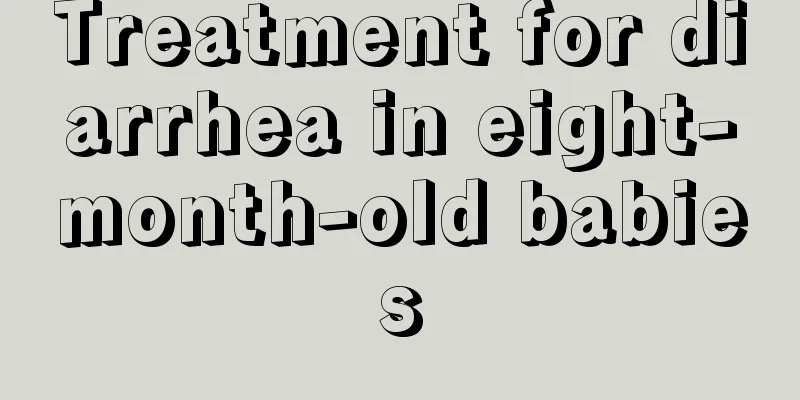Symptoms of allergic rhinitis in children
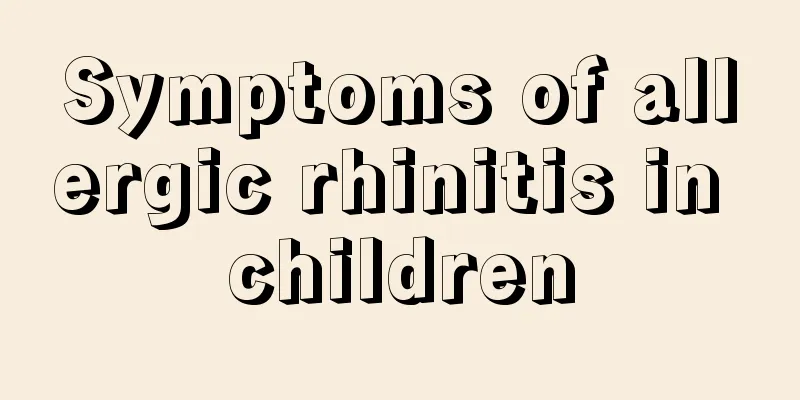
|
Allergic rhinitis in children is an allergic disease. Children with allergic rhinitis themselves have an allergic constitution and are allergic to many external things. It’s spring, the flowers are blooming, and the weather is neither too cold nor too hot. What a great season! We can go outside often when we have time. However, for children with allergic rhinitis, many pollens can cause allergies. For example, a house that has been renovated for some time and has a slight smell of paint can also cause allergies. The symptoms of allergic rhinitis in children are very similar to those of a cold, with clear runny nose and sneezing. However, a cold is also accompanied by systemic symptoms, such as body aches, fever, etc., which allergic rhinitis does not have. People with allergic rhinitis can usually sneeze more than twenty times in a row, but people with a cold will not sneeze so many times. Drug treatment for allergic rhinitis: The following factors should be considered: efficacy, safety, cost/effectiveness ratio, etc. Intranasal and oral administration are commonly used, and the efficacy may vary between different patients. There is no long-term sustained efficacy after discontinuation of the drug, so maintenance treatment is required for persistent allergic rhinitis. Prolonged treatment does not lead to rapid drug resistance. Intranasal administration has many advantages. High concentrations of drugs can act directly on the nose, avoiding or reducing systemic side effects. However, for children with other allergic diseases, drugs need to act on different target organs, and intranasal administration is not the best choice. Systemic drug treatment is recommended. 1. Antihistamines: Oral or nasal second-generation or new H1 antihistamines can effectively relieve symptoms such as nasal itching, sneezing and runny nose. It is suitable for mild intermittent and mild persistent allergic rhinitis, and can be used in combination with nasal corticosteroids to treat moderate to severe allergic rhinitis. 2. Glucocorticoids: Nasal corticosteroids can effectively relieve symptoms such as nasal congestion, runny nose and sneezing. For critically ill patients who do not respond to other drug treatments or cannot tolerate nasal medications, oral corticosteroids can be used for short-term treatment. Dietary adjustment plays a very important role in preventing allergic rhinitis in children. In our daily diet, we can eat more light food and less greasy food such as fish and meat. There is a saying among the people that fish produces fire and meat produces phlegm. To prevent the endogenous generation of phlegm and heat, which may induce exogenous infection and cause allergic rhinitis. Avoid spicy food, tobacco, alcohol and other stimulating foods. |
<<: What to do if your child is introverted
>>: 9 principles for using air conditioning on children in hot weather
Recommend
How to treat vomiting and stomach pain in children
Children are prone to vomiting, stomach pain and ...
Symptoms of enuresis in children
Enuresis in children is actually a condition call...
Why do children have slurred speech?
It is common for children to have unclear speech,...
Why does my baby always shake his head when sleeping?
The environment and habits in which a baby lives ...
What is the cause of enuresis in children?
Enuresis, also known as bedwetting, is a common c...
Does anyone know what's going on with a child's fever?
In daily life, we often find that children have f...
My child feels like there is something foreign in his throat.
Throat abnormalities are not only experienced by ...
Are there risks in pediatric hernia surgery?
Are there risks with hernia surgery in children? ...
Is it good for children to drink soy milk?
Soy milk has always been a nutritious product in ...
How to make fungus for babies
Fungus is rich in many minerals, which can detoxi...
If children's snoring is not treated, the "sequelae" will make parents regret it for life
Snoring while sleeping seems to be too common in ...
What are the benefits of children learning Taekwondo?
Nowadays, you can always see some children wearin...
Why do children always suck their fingers?
It is very normal for babies to suck their finger...
What's going on when a child has a fever, a hot head, and cold hands and feet?
Children are very likely to be affected by diseas...
What medicines can be used to treat babies bitten by mites?
Everyone knows that mites have a great impact on ...
